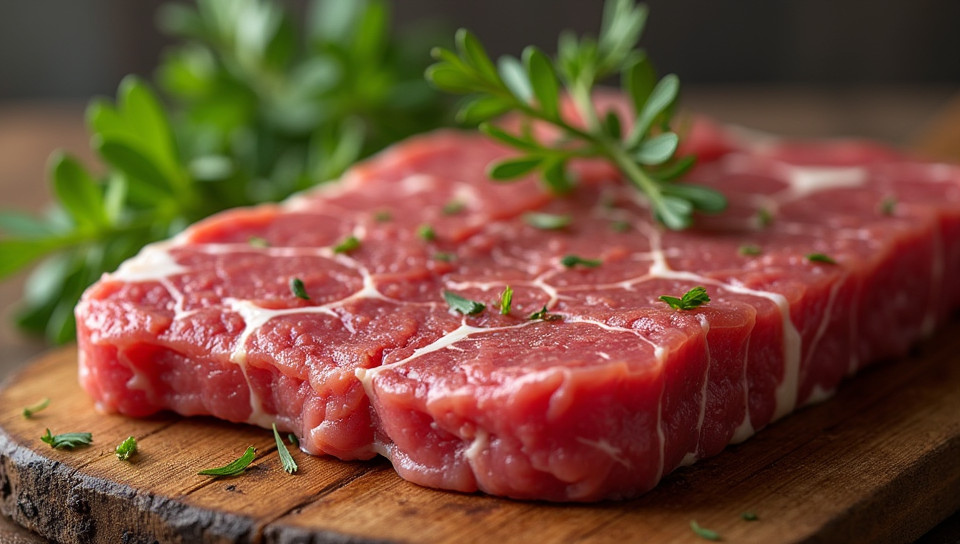Meat alternatives support sustainable food systems development 79%

The Future of Food: How Meat Alternatives are Revolutionizing Sustainable Systems
As the world grapples with the challenges of climate change, environmental degradation, and public health, the way we produce and consume food is undergoing a radical transformation. At the forefront of this shift are meat alternatives, which are not only reducing our reliance on resource-intensive animal agriculture but also providing innovative solutions for sustainable food systems development.
The Problem with Traditional Meat Production
Traditional meat production is a significant contributor to greenhouse gas emissions, deforestation, and water pollution. Animal agriculture is responsible for around 14.5% of global greenhouse gas emissions, which is more than the entire transportation sector. Furthermore, it takes over 1,000 gallons of water to produce just one pound of beef, making it one of the most water-intensive foods in the world.
The Rise of Meat Alternatives
Meat alternatives are made from a variety of ingredients such as plant-based proteins, fungi, and even insect-based proteins. These products mimic the taste and texture of meat but require significantly less resources to produce. From plant-based burgers to vegan sausages, meat alternatives are becoming increasingly popular in restaurants and households around the world.
- Increased demand for sustainable food
- Growing awareness of health benefits of plant-based diets
- Development of new technologies and ingredients
The Benefits of Meat Alternatives
Meat alternatives offer a range of benefits that make them an attractive option for those looking to reduce their environmental impact. Some of these benefits include:
- Reduced greenhouse gas emissions
- Lower water usage
- Less land required for production
- Improved public health through reduced saturated fat and cholesterol intake
A Sustainable Future for Food Systems
The rise of meat alternatives is not just a passing trend but a fundamental shift in the way we produce and consume food. As consumers become increasingly aware of the environmental and health impacts of their food choices, demand for sustainable food systems will only continue to grow.
Meat alternatives are playing a key role in this transition by providing innovative solutions that reduce our reliance on resource-intensive animal agriculture. By choosing plant-based options, we can help create a more sustainable future for food systems and reduce the environmental impact of our food choices.
Conclusion
The shift towards meat alternatives is not just a trend but a movement towards a more sustainable food system. As consumers, businesses, and policymakers continue to prioritize sustainability, the demand for meat alternatives will only continue to grow. By embracing these innovative solutions, we can create a better future for ourselves, our planet, and generations to come.
- Created by: Kabir Kumar
- Created at: Aug. 19, 2024, 11:33 p.m.
- ID: 7812






